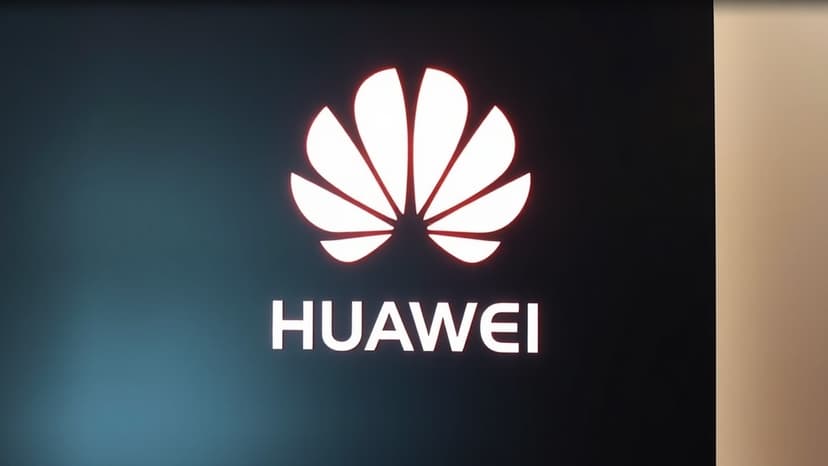Home / Business and Economy / US Senators Push for Fair Play in Chip Exports
US Senators Push for Fair Play in Chip Exports
20 Nov, 2025
Summary
- Bipartisan bill targets Commerce Dept. export license fairness.
- Legislation addresses concerns over favoring some companies.
- Review process will prevent "monopoly licenses" for tech exports.

A new bipartisan bill introduced by U.S. Senators Elizabeth Warren and Rick Scott seeks to standardize the process for granting export licenses. This legislative effort stems from recent controversy where the Commerce Department's decisions on chip sales to Huawei were perceived as favoring certain U.S. companies over others, raising national security and market fairness concerns.
The proposed legislation mandates that the Commerce Department conduct a "competitive market review" before issuing any export license. This review aims to determine if a license would create a monopoly for a particular U.S. firm. Such licenses would only be approved if no rival company has sought a similar authorization for the same client, promoting equitable access to global markets.
Concerns have persisted that unequal license approvals could distort markets and create vulnerabilities, undermining the integrity of the U.S. export control system. By requiring a review process that considers market competition, the bill endeavors to foster a fairer environment for all American technology companies operating on the international stage.



